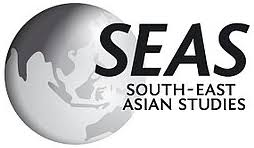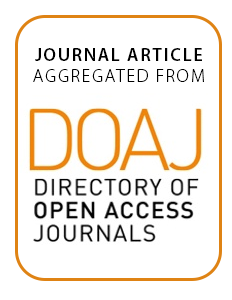Focal point
Location
SEAS – the Society of South-East Asian Studies – is an interdisciplinary network of young South-East Asia Studies scholars and is based in Vienna, Austria. Our aim is to promote interdisciplinary research and intercultural exchange on South-East Asia. In order to achieve these goals our website serves as an information sharing platform, we provide counsel and advice, conduct conferences and workshops, organize summer schools to South-East Asia and publish ASEAS – Austrian Journal of South-East Asian Studies – a peer-reviewed and interdisciplinary open-access journal.
Members:
Resources
Displaying 1 - 5 of 5Multi-Functional Lands Facing Oil Palm Monocultures: A Case Study of a Land Conflict in West Kalimantan, Indonesia
This paper presents an ethnographic case study of a palm oil land conflict in a Malay community in West Kalimantan, Indonesia. The conflict occurred in the preparatory phase of a large-scale plantation, before any oil palms were planted. After protest from local communities, the project was abolished. This case enables an empirical enquiry of land tenure as well as the meaning of land and associated resources for people’s livelihoods in a pre-plantation situation.
Assembling Resistance Against Large-Scale Land Deals: Challenges for Conflict Transformation in Bougainville, Papua New Guinea
Responding to the academic void on the impact of socio-ecological conflicts on peacebuilding and conflict transformation, I turn to resistance against large-scale land acquisitions in post-war contexts. Promising in terms of reconstruction and economic prosperity, the recent rush on land may, however, entail risks for reconciliation processes and long-term peace prospects.
Contested Land: An Analysis of Multi-Layered Conflicts in Jambi Province, Sumatra, Indonesia
In the lowland areas of Sumatra, conflicts over land and natural resources are increasing as fundamental land use transformation processes take place and the region is gradually integrated into globalized markets. Set against the background of the conflict arena of Bungku village, Jambi province, this paper describes and analyzes the struggle for land between a group of indigenous people, the Batin Sembilan, and an oil palm company, PT Asiatic Persada.
Community tenure rights and REDD+: a review of the Oddar Meanchey community forestry REDD+ project in Cambodia
Tenure rights over land, forest, and carbon have become a contentious issue within REDD+ implementation across the tropics because local communities could be excluded from REDD+ benefits if land tenure or use and access rights are not clear. This study aims to understand and assess tenure arrangements under the fi rst REDD+ demonstration project in Cambodia, the Oddar Meanchey Community Forestry REDD+ Project. In particular, the study explores the following questions: (1) How are tenure rights arranged in the Oddar Meanchey REDD+ Project?
Agrofuels in Indonesia: Structures, Conflicts, Consequences, and the Role of the EU
This paper deals with agrofuel policies within the European Union (EU) and the consequences of these policies in Indonesia. That South-East-Asian country is the world leader in the production and exportation of palm oil, which is one of the cheapest feedstocks for the production of biodiesel. Recently, production has expanded significantly due to the incentives of the international energy market.




